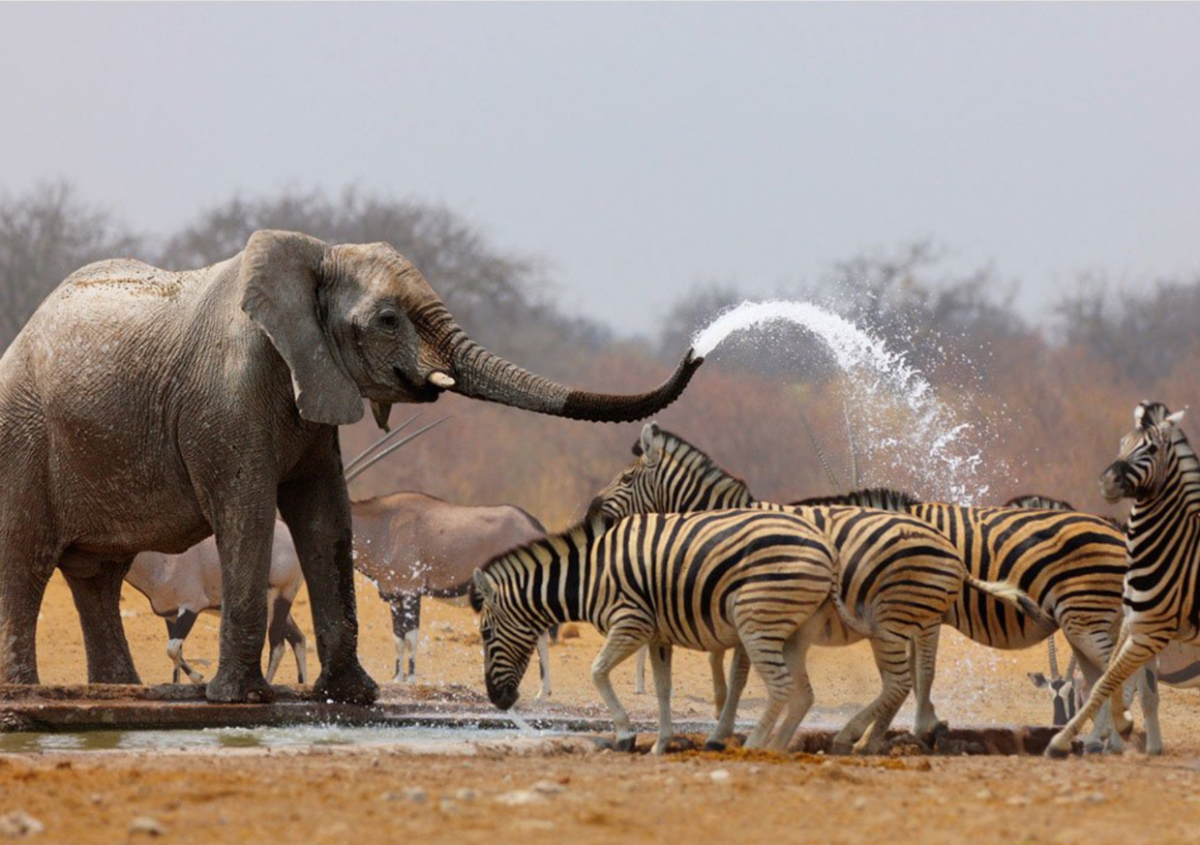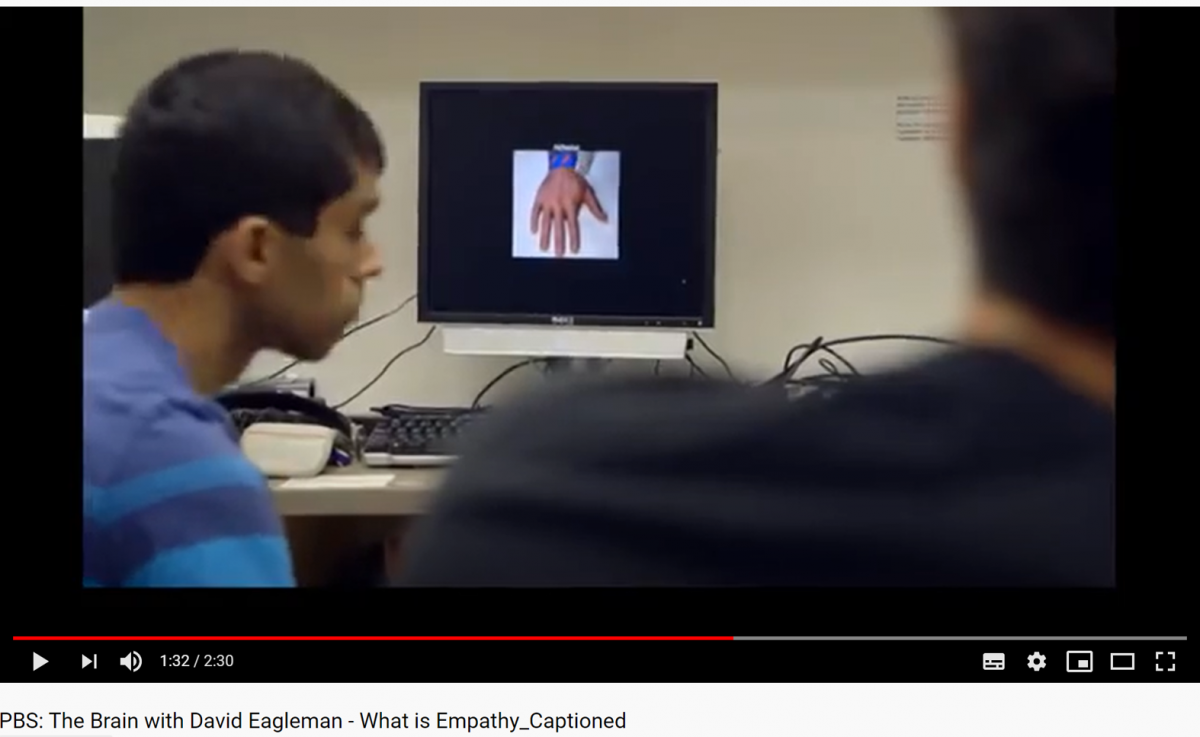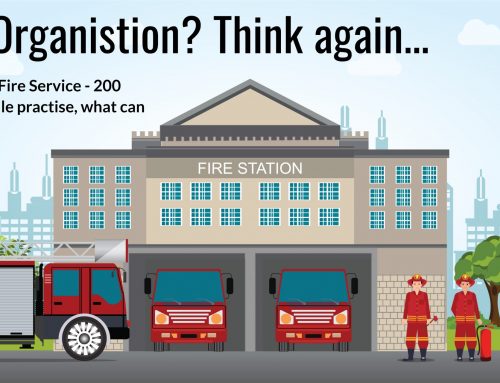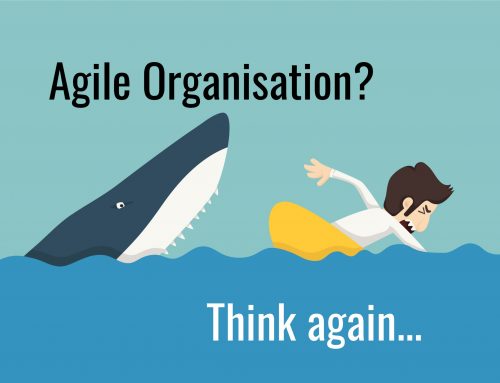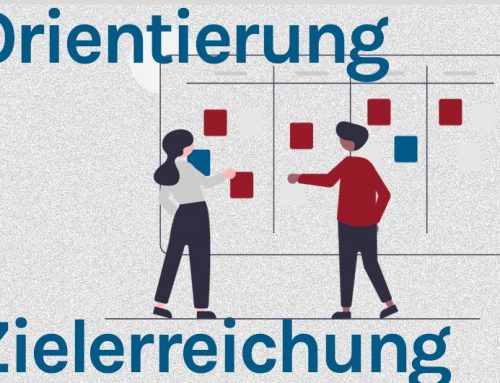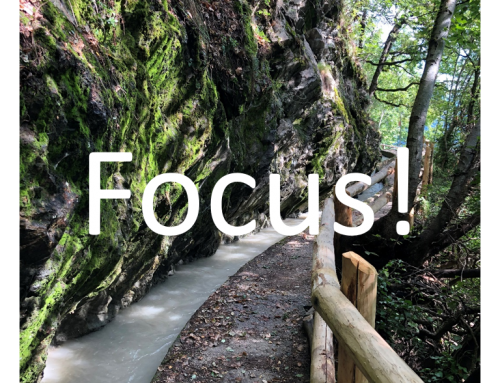Science gets misused in multiple ways and for many purposes only some of which are helpful. Here I´d like to misuse it once more to convey a concept that has been very helpful for us at the Management Experts St Gallen in forming our ideas about how we want to operate. It is also, I believe, essential to the business world of the future. I want to contrast two different ways of seeing the world, as an Ecosystem and as an Egosystem. It turns out that at root, both ways of seeing are hardwired into our brains and that if we wish, we can switch or transform our view from one to the other.
Egosystem Perspective
The Egosystem perspective is based on the belief that life is a fight for survival. The more power, status, goods and resources I have, the safer I am. Fighting, competing and crafty power games is the way to win and as long as “I” or “we” win (however the “we” is defined) that is enough, it doesn´t matter what happens to “them”. Take this up a couple of levels in the hierarchy of systems and you get the worst forms of profit orientation. As long as we make a profit, it doesn´t matter about the rest – how we do it, our values, employees, society at large or the environment.
Books such as Richard Dawkins´ “The Selfish Gene” (1976) appeared to strengthen the Egosystem idea and were (mis-)used to provide support for the capitalist and neo-liberal schools of business and economics that would argue “The purpose of a company is to enrichen its shareholders”. Seen globally, this is still the predominant paradigm today – try asking any international group of managers the question “Why are we in business?”!
Ecosystem Perspective
Since its introduction in 1935 by Arthur Tansley, the term Ecosystem has become globally known and used. Biologists, Ecologists and Earth System Scientists are discovering more and more fascinating examples of how animals, plants, rocks, atmosphere, oceans and rivers all interact with each other to create the rich variety of different Ecosystems we understand and live in. Today we know that algae in the oceans help to create planet cooling clouds, that trees share water and nutrients, and that each of us has trillions of bacteria living in our guts. While some of the interactions in an ecosystem can be seen as competitive, scientists now understand and acknowledge that cooperation and co-evolution play an equally important, some would say, even more important role.
This idea of different elements of a system co-evolving and interacting in mutually beneficial ways has been adopted by business. Today we talk about “Innovation Ecosystems” in which companies, researchers and investors collaborate and “Supply Chain Ecosystems” in which a co-operation of services, suppliers, customers and producers share information and resources.
What we are building at the MESG is a Consulting Ecosystem in which a fluid collective of individuals and organizations, share services, knowledge and resources, and focus their strengths on generating customer value and solving customer problems.
In-Group and Out-Group
From Game Theory, we´ve known for years that while competitive behaviour brings rewards to some in the short term, all players can profit more in the long term if everyone cooperates. It is not rocket science, everyone knows that in their family it is better to co-operate than to compete – it is a question of where you draw the line between “In-Group” and “Out-Group”. Recent neuroscience studies suggest that we have two different modes of behaviour that are hardwired in our brains for these two different categories, the “us” and the “them”, the friend and the enemy. The studies reveal that we slip unconsciously from competitive to collaborative modes according to how our brains categorize a particular person or set of people. This insight has huge implications for how we deal with political, gender, race and religious conflicts.
This video shows one of those studies:
So the key question is: Can we switch this hardwired mode of seeing the world deliberately and consciously by reflecting and thinking about it? I believe so…
What is the “us”? Is it just me? Is it my family? My team? Is it my department, my division, my silo, my company? Where is the boundary between us and them? Does it make sense to expand this “us” thinking down the supply chain, out to the customer or out to co-operation partners or even out to competitors? What new business models might then become possible?
A Transformation in Progress
More and more companies today recognize that corporate decisions based solely on the shareholder value concept and behaviour based on the Egosystem idea lead in the long-term to a destruction rather than a creation of value in environmental, societal and monetary terms. Now the Purpose Driven Company aims to build its Corporate Governance around the contribution that a company makes to society, and to the larger economic Ecosystem to which it belongs. Perhaps not surprisingly, most employees find this more motivating.
At a practical level for organizations…
This has far-reaching implications for who we hire and who we promote, for the kind of behaviour we reward, for the way we form company culture with values and principles and for the way we ask our leaders to lead and the example they set. It also has implications for how we think about our strategy for supply chains, for joint ventures, for cooperative research and innovation as well as for all kinds of cross-functional collaboration. Many companies are already transforming their cultures today along these lines.
At a practical level for individuals…
The Ecosystem Paradigm invites us to expand the boundaries of our “In-Group” and collaborate with others rather than compete. Last year during a workshop that I gave in Asia, a Regional Director of a global organisation kept repeating the phrase “Smart people work together!”. Take this as a guiding motto and whenever you feel yourself getting drawn into a stand-off or confrontation with an employee, colleague, boss, customer, or supplier remind yourself: “Smart people work together!”. This is the simple translation, at a personal level of the Ecosystem Ideal – most of us still have some work to do here!


